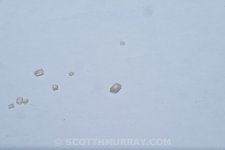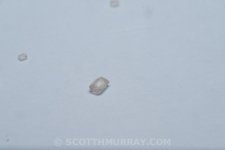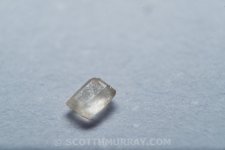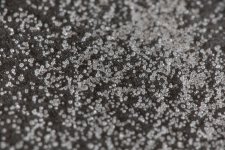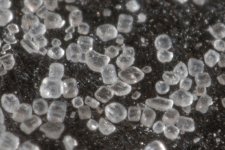Sometimes we find things out while doing but there are times we're not the most objective person to judge what we're doing. As an example; I've been shooting certain lenses at apertures mentioned elsewhere as the aperture needed to get sharp shots. I always used it and indeed, it took a sharp shot. But sharpness is very hard to judge as we noticed in Eyelight's examples.
When I started using a more technical approach and first looked at the actual numbers and stats and then started testing those, I discovered I could have been shooting much sharper with certain lenses. And all it takes is set aperture to something else.
I consider photography a craft and if I want to be good at it, I have to be good at the practical and theoretical aspect of it. Knowing the technical part doesn't make you get better shots but it makes it easier to get better shots since you are fully in control of what you are doing and know exactly why you are doing it.
And it starts with buying your gear and knowing what you buy for which reason. If I had known what I know now, and that isn't nearly enough, I'd been buying differently. It's not that I regret anything but by diving directly into the practical side of photography and ignoring too much the theoretical, I've been wasting quite some.
On the other hand, it's the doing it wrong what makes you do it right. I've been doing it wrong a lot. I not nearly enough do it right.

